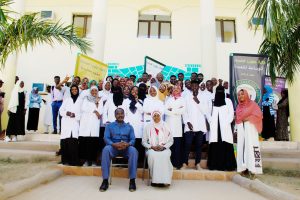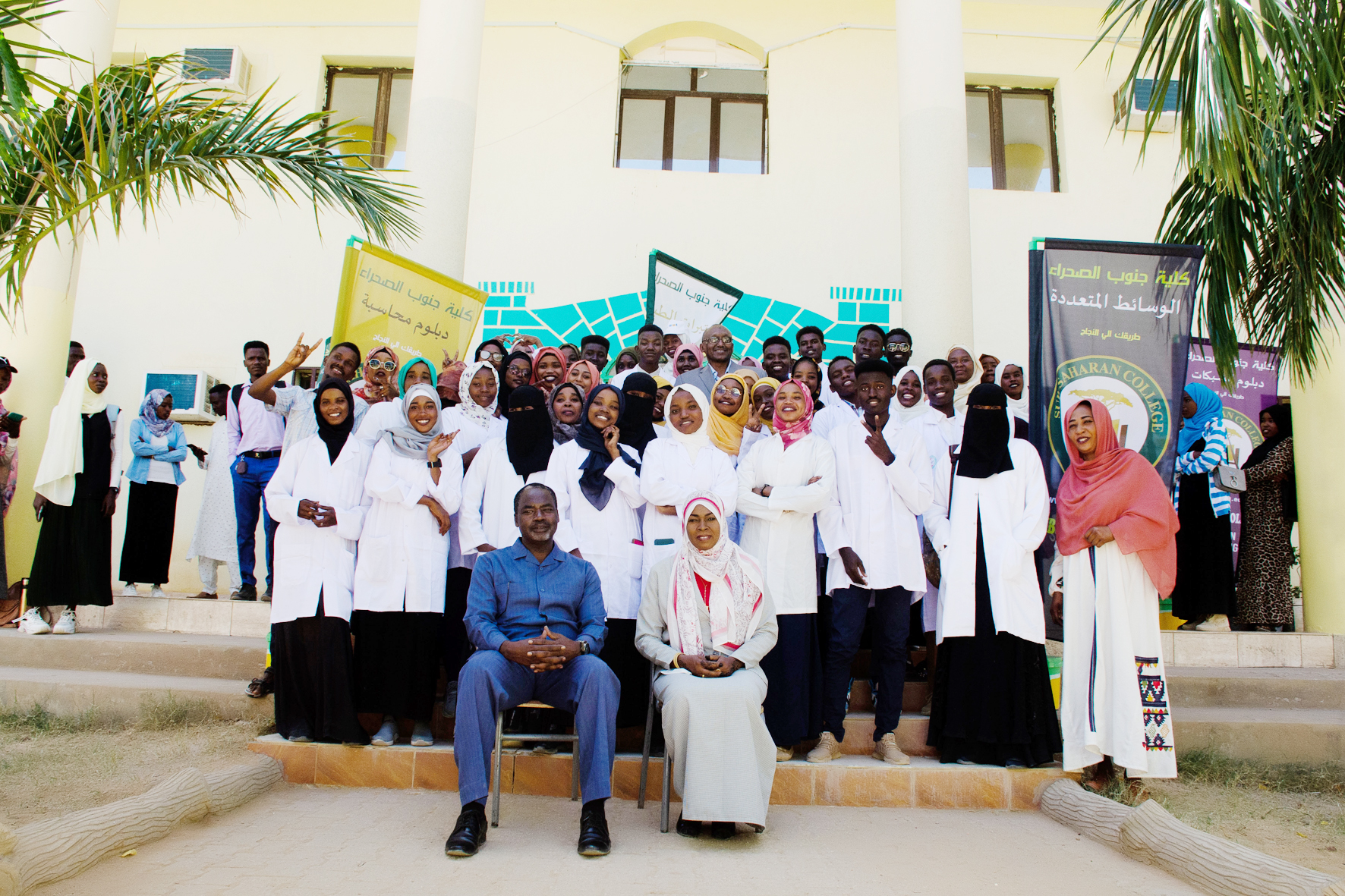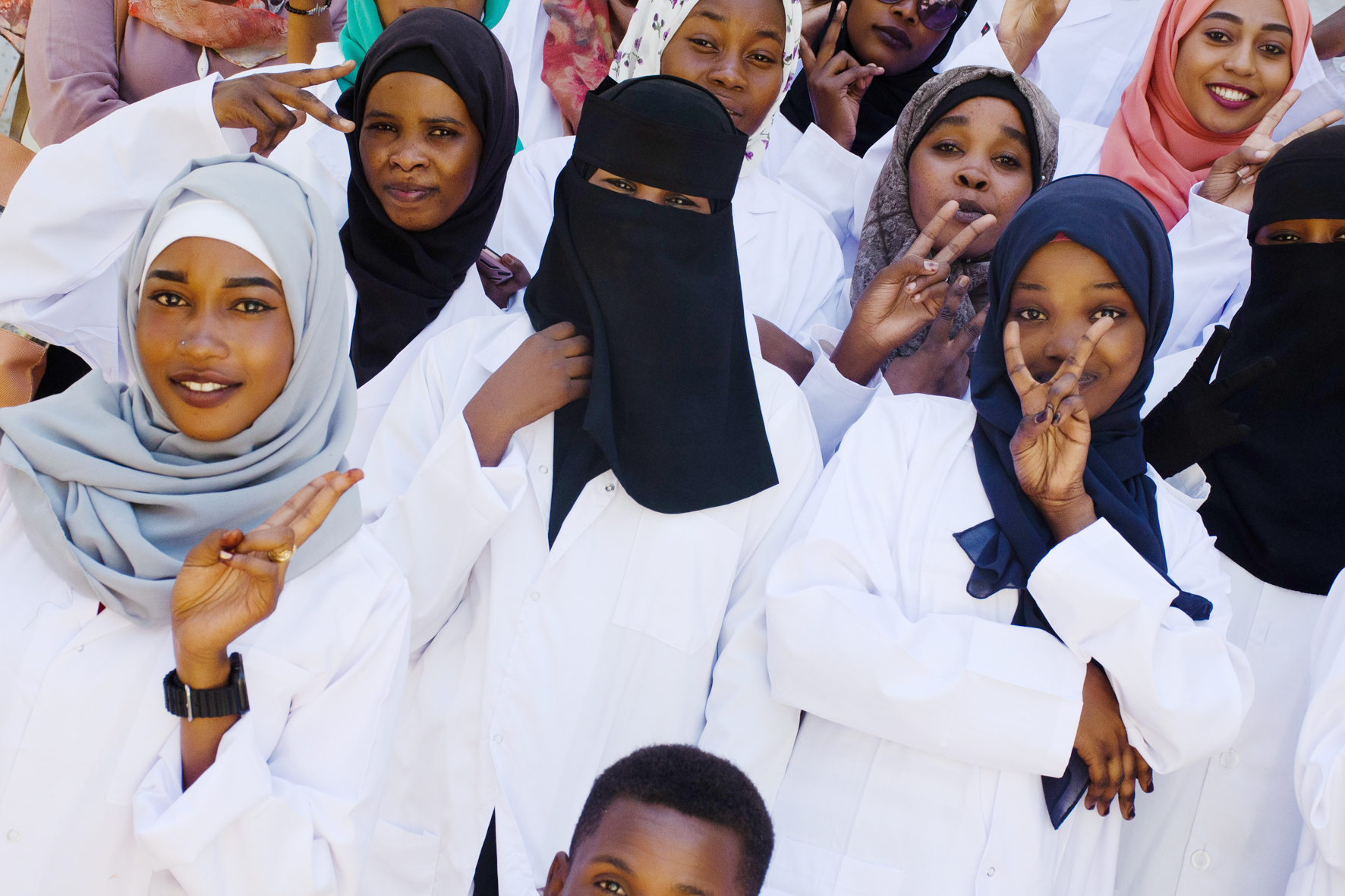SCHOOL OF MEDICINE AND GENERAL SURGERY
 Sub-Saharan College offers a comprehensive five-year undergraduate medical program structured across ten semesters leading to the award of MBBS degrees, enabling graduates to practice as general practitioners.
The primary objective of our medical education endeavors is to enhance the overall health status of individuals. In alignment with global efforts to ensure excellence in medical practice and education, there is an increasing focus on thoughtfully designing medical school curricula.
Sub-Saharan College offers a comprehensive five-year undergraduate medical program structured across ten semesters leading to the award of MBBS degrees, enabling graduates to practice as general practitioners.
The primary objective of our medical education endeavors is to enhance the overall health status of individuals. In alignment with global efforts to ensure excellence in medical practice and education, there is an increasing focus on thoughtfully designing medical school curricula.Vision:
To establish ourselves as a center of excellence in providing quality education, research, and community services.
Mission: The Sub-Saharan Medicine program aims to prepare physicians capable of meeting the evolving healthcare needs and expectations of both the Sudanese Community and the international community, while also engaging in research activities to contribute to the collective knowledge base.
Core Values:
Equity, Innovation, Interdisciplinary Teamwork, Partnership, Collaboration.
The program is designed to achieve the following goals:
1. Produce medical doctors capable of collaborating within multidisciplinary health teams for the benefit of patients and the welfare of the community.
2. Contribute to the continuous professional development of doctors in the Darfur states.
3. Design and implement programs to participate in community development in urban and rural areas.
4. Engage in community development by designing health campaigns, health days, and collaborative projects with local community leadership.
5. Promote research in the field of medical-surgical nursing to provide evidence-based practices.
6. Collaborate with the Ministry of Health and other relevant sectors to identify nursing health problems in the community.
7. Enhance students’ abilities for publication to enrich medical knowledge.
8. Adopt evidence-based practices in the college and nursing practice.
The curriculum is based on the following principles:
- Alignment with the health and social needs of society and national aspirations.
- Longitudinal implementation of Community Medicine courses.
- Active student participation and independent learning.
- Continuous formative and summative evaluation of learning.
- Emphasis on the scientific method and critical thinking.
- Focus on continuing education and lifelong learning.
- Upholding religious, cultural, and ethical values of society.
The main goal of the MBBS educational program is to produce medical doctors equipped with attributes ensuring competence to practice safely and effectively as practitioners in the local community, Sudan, and abroad. Graduates must have a strong foundation in the scientific basis of medicine essential for lifelong learning and further training in any specialty, guided by recommendations of EMRO/WHO based on WFME recommendations.
The MBBS program spans five years, divided into 10 semesters of 19 weeks each, and consists of three phases:
PHASE I:
Spans from semester I to semester IV, focusing on the scientific basis of medicine and early introduction to community health issues.
PHASE II:
Comprises semesters V & VI, emphasizing para-clinical disciplines dealing with disease pathogenesis, community medicine, and basic clinical and communication skills.
PHASE III:
Extends from semesters VII to X, emphasizing clinical studies through clinical clerkships, introduction to clinical specialties, and integration of diagnostic and related Para clinical subjects. The emphasis is on general practice and primary health care.
Outcomes:
The specific outcomes encompass knowledge, practical skills, critical thinking, and professional attitudes.


